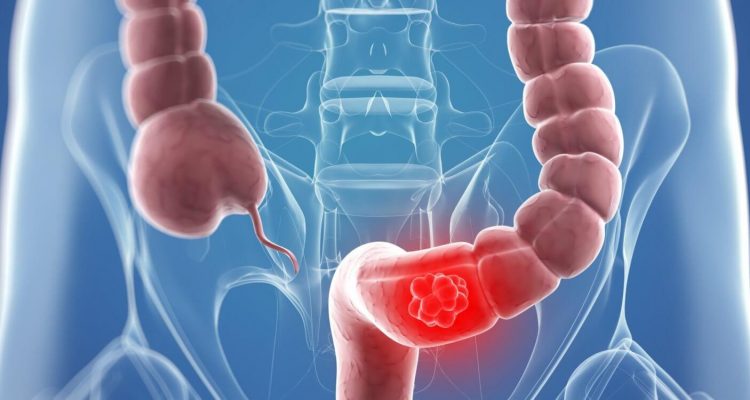
3 signs in which you must be checked for bowel cancer
Intestinal cancer consistently occupies one of the first places in a number of oncological diseases. Regular colonoscopy allows timely detection of the disease, but the procedure is not always pleasant and hardly anyone voluntarily signs up for it. Still, those who have one of the three signs that will be discussed in the article should be more careful.
Sign 1: there are relatives with polyposis or bowel cancer in the family< /strong>
Polyposis is a hereditary disease in which growths develop on the mucous membrane of the large intestine. They are simply called polyps. Usually there are no symptoms, the diagnosis is made during routine examinations. By the age of 15, polyps are detected in 50% of patients, by the age of 35 – in 95%. Timely diagnosis will make it possible to detect the disease, extend the patient's life, and also warn relatives about a possible threat. Since polyps often turn into malignant formations, you should monitor your own condition so that it does not turn into intestinal cancer.
The same should be done when you know for sure that among relatives there are those who have or have had bowel cancer. It is necessary to be examined for oncology regularly in order to diagnose the disease in a timely manner.
Symptom 2: inflammations often occur in the intestines
Inflammatory processes mean pathologies in different parts of the intestines. This worsens the process of absorption of nutrients, which in general has a negative effect on health. Diseases can be acute or chronic: we are talking about duodenitis, ileitis, enteritis, proctitis, colitis, cryptitis and other pathological conditions.
Symptom 3: there are chronic intestinal diseases
Crohn's disease and nonspecific ulcerative colitis are the two most common chronic intestinal diseases. They are characterized by an imbalance of intestinal microflora. Only a healthy lifestyle and proper nutrition can prevent such situations. With existing diagnoses, you should be checked for bowel cancer more often.
Conclusion: colonoscopy to check for bowel cancer is necessary for everyone after the age of 45-50. At this time, problems with this organ mainly arise. Early diagnosis will be required when the above-mentioned signs are present. Colonoscopy will be required in such cases 5-10 years before the age when bowel cancer was detected in a relative. Timely diagnosis will allow to react appropriately. And although there are no vaccines against colon cancer, and therapy is selected individually, it is necessary to check. Usually, treatment involves removal of affected areas, precancerous formations. In 95% of cases, such methods are effective.









Leave a Reply